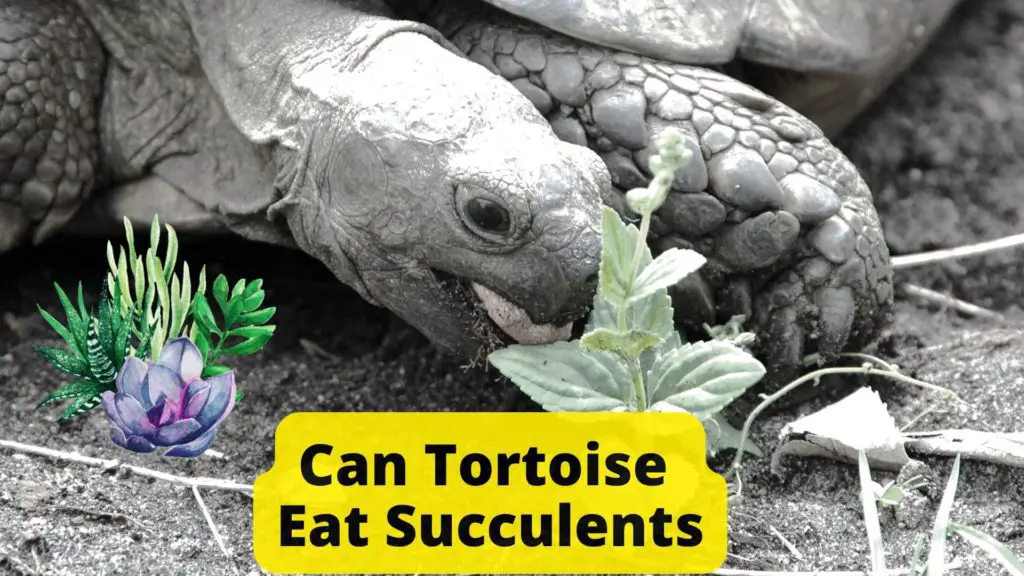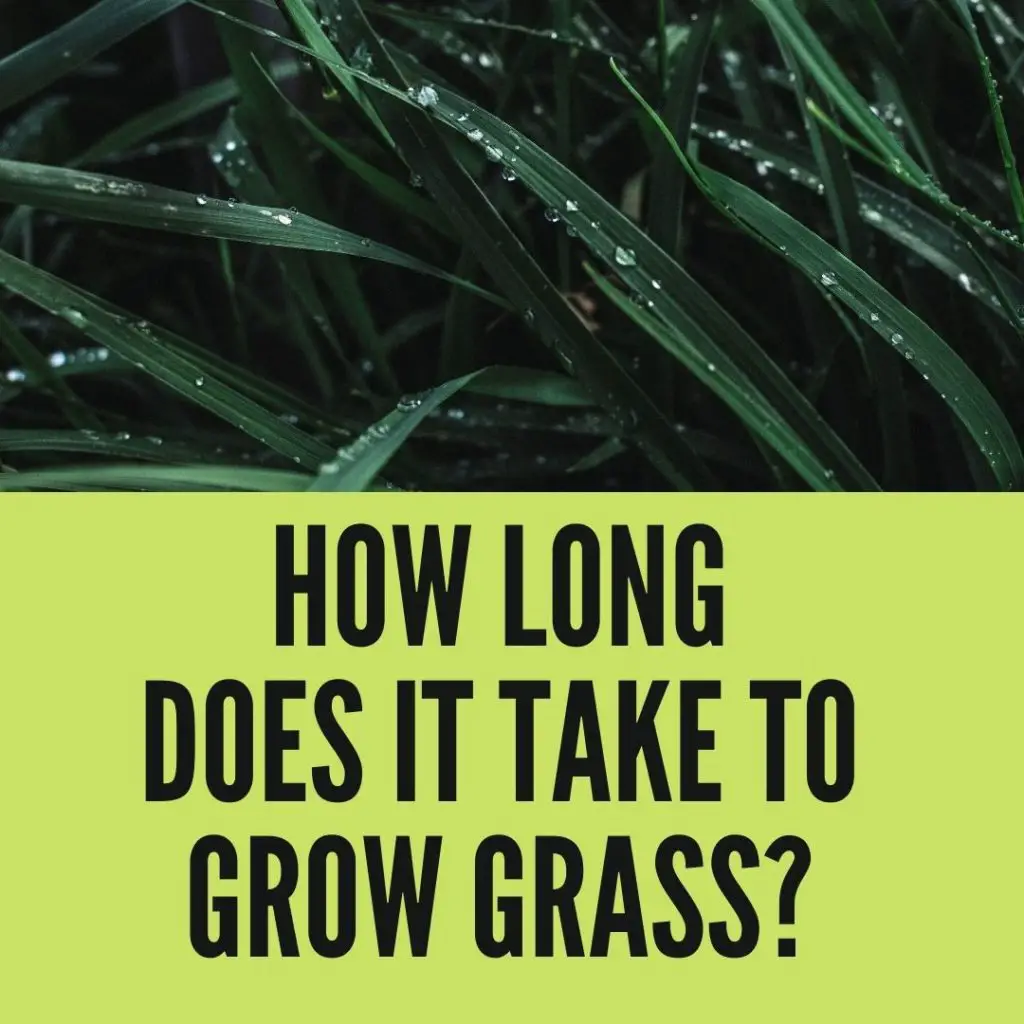In many countries, tortoises are more popular than dogs as pets. Pet lovers like them because they are gentle, attractive reptiles. They have a long lifespan like 50-100 years. Tortoises are vegetarian. Their main source of nutrition comes from plants. But not all plants are eligible as foods. Some of them are toxic, unhealthy and some of them are nutritious for them. So the question arises, can tortoise eat succulents?
What is succulent?
Succulents are plants that habitually grow in low water, high-temperature areas such as deserts. They are also preferable houseplants for their ornamental features and are easy to take care of. Some of them are used worldwide for medical purposes. There are more than 25 plant succulent families.
Can Tortoise Eat Succulents?
Yes, they can. There are wide ranges of succulent plants. Young tortoises may not like succulents, rather they prefer meaty categorized foods. But for mature ones succulents might be a good option since they need lots of nutrition at that stage.
They can also be used as food for some pets. But not all of them are eligible for food. If you are growing succulents for pet eating purposes do not use insecticides, fertilizers on plants. That may damage the eligibility of succulents. So be sure to keep your plants hundred percent eligible, and cultivate them in a natural way.
Now, if you have a tortoise pet, succulents might be a good choice for their food. Since they are easy to grow you can cultivate them in your garden. Where your tortoise can easily roam. And free places are better for tortoises, sometimes they like to hang out.
In that time if they face some likable food for them it will make them happy. But they should not eat many succulent plants in one day. Though succulents are not toxic or harmful, they can suffer from laxative effects from eating too many.
Remember not all succulent species are not eligible for tortoises. I’m informing you of some eligible succulents for your tortoise:
- Agave americana, famous for its succulent features, has large fleshy leaves.
- Aloe succotrina (Aloe vera), is worldwide famous for its medicinal properties. Easy to grow and access.
- Begonia, famous for their ornamental looks
- Echeveria Elegans, also known as hen and chicks. An evergreen flower native to semi-desert areas.
- Sempervivum tectorum, also known as houseleeks.
- Mesembryanthemum crystallinum, known as Ice plants, carpet weeds.
- Kalanchoe blossfeldiana, is mainly native to Madagascar desert areas.
- Moss Roses, are cultivated in South America for gardening purposes.
- Opuntia littoralis var. vasai.
- Slime Lilies, commonly known as Albuca shawii.
- Spiderwort or Tradescantia pinetum & occidentalis. Also known as dayflower.
- Sticky Monkey Flower or Mimulus aurantiacus. A subshrub species. Also known as orange blush flowers.
- Stonecrops or Sedum, these species are commercially grown in greenhouses. Used as an ornamental tree in many countries for their ornamental flower.
- Tree houseleek or Aeonium, an evergreen succulent with pinwheel leaves.
Well, tortoises may not eat these full plants. They may like some of its leaves, some of its flowers. Your tortoise will decide it depending on its instinct.

Some other food ideas for your tortoise
Always try to keep green foods in your tortoise diet. Like leaves, broccoli, cabbage, and other green vegetables. Try to bring variation in leaves.
Your pet may feel bored after eating the same type of leaves every day. One day strawberry leaves, another day blueberry leaves, another day aloe, parsley, etc.
I’m not saying you can’t offer your tortoise blueberry or strawberry just try to put green in most of their diet. You may feed them blueberry, strawberry as treat sometimes. Like once in a week.
There are some ready-made tortoise foods on the market. But they are like fast food and they have no nutritional value. So stick with natural ones. You can offer cucumber to avoid hydration.
Calcium is one of the fatal parts of your tortoise diet. They need high amounts of calcium for their strong shells and to stay healthy. Female tortoises need more calcium in their hatching time to develop nice and strong eggs. Use calcium carbonate powder to fill the gaps of calcium, these are common. They also need proper sunlight for their health. Also, baby tortoises need proper calcium. Mix calcium with their foods (salads)
Some poisonous plants for tortoise
There are some common toxic plants for your tortoise. As a caring owner and to ensure your pet’s safety keep away the following plants out of reach of your tortoise :
- Asparagus fern
- Arrowhead Vine
- Azalea
- Avocado
- Boston ivy
- Calla lily
- Chinaberry
- Columbine
- Daffodil
- Elephants ear
- Ivy
- Heavenly bamboo
- Tomato (leaves, vines)
- Sweet pea (seeds)
- Boxwood
- Buttercup family
- Candytuft
- Crowfoot
- Euphobia
- Grape ivy
- Gardenia
- Poinsettia
Some of them are easily found. Do not keep them near your pet’s hanging area. They may die by eating these foods or feel stomach ache.
What should you not feed your tortoise?
There are some other foods that should be kept away from your tortoise. Do not try any food that contains more than 15 percent protein. Like a cat or dog food. Frozen vegetables, canned vegetables, dairy products, pieces of bread, etc are not suggested for tortoises. Some of them might cause liver or kidney damage.
How often should a tortoise eat?
As a regular rule, you should offer the same amount of food to the size of your tortoise’s shell. Feed them once a day, five days a week. This may vary to other tortoises.
Can a tortoise eat tomatoes?
Many tortoises love the taste of tomatoes. Feed your tortoise tomatoes as a treat. The amount of sugar and water your tomatoes offer may give a pleasant experience to your tortoise once in a while.
Conclusion
Succulents are one of the affordable foods for your tortoises. You can easily grow them in your garden as your houseplant. Be sure to offer your tortoise enough space. Tortoises like to roam and enjoy the sunlight. Succulents also need free place and sunlight to grow.
Some of the succulents are full of liquid and juice. This may help your tortoise hydrate in warm climates. Grow your own tortoise food.

Hi, I am Rahat Rubayet. I am an entrepreneur and A gardener by Hobby. I created This website to help people like you, who want to make the world greener and want to leave it as a better place for our next generation.



